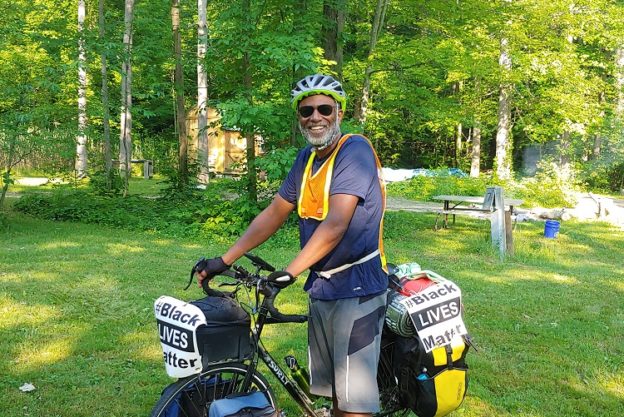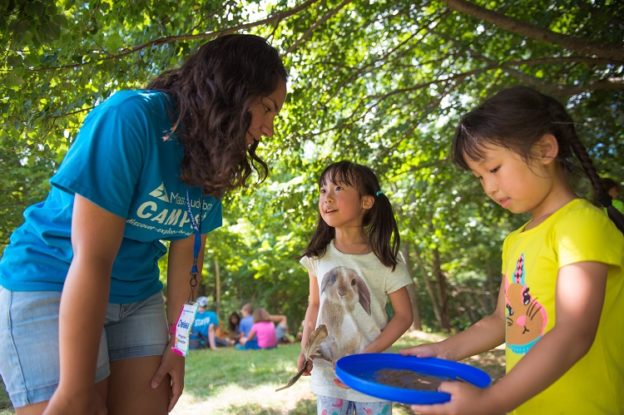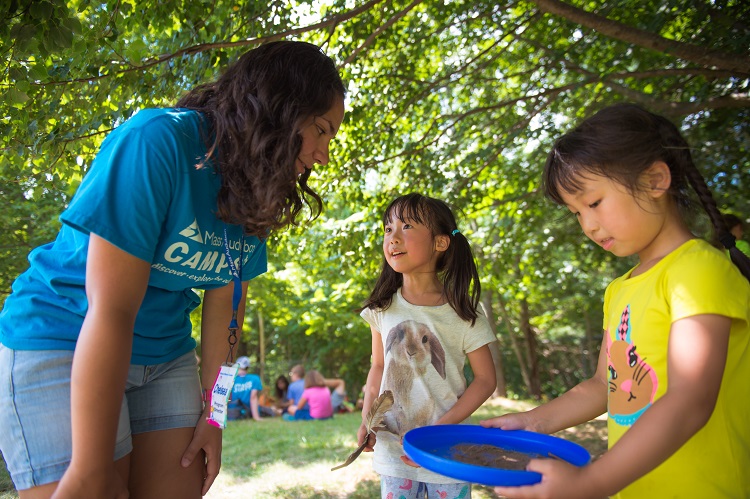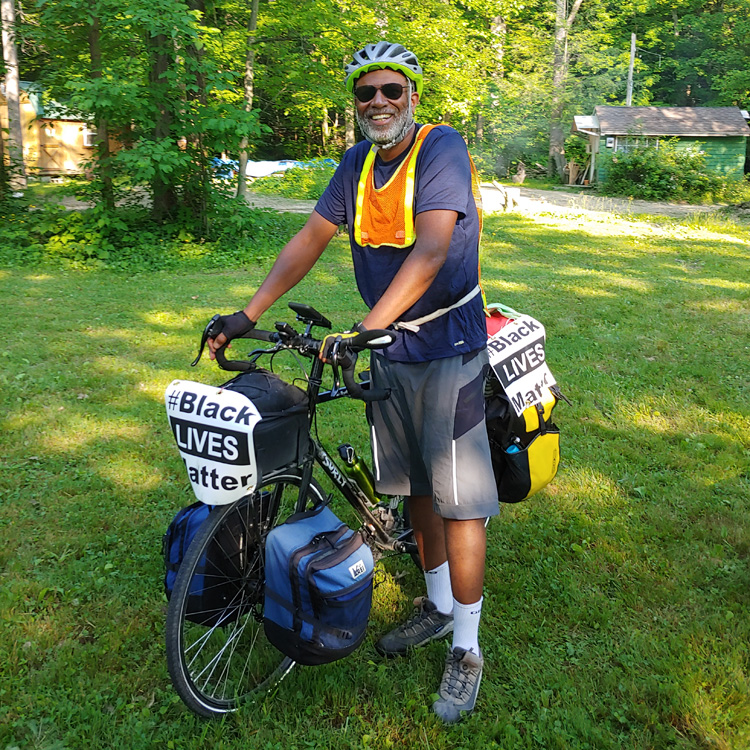
Scott Edwards is a Professor of Organismic and Evolutionary Biology at Harvard University, Curator of Ornithology in the Museum of Comparative Zoology, and Mass Audubon Council Member. On June 6, 2020, Scott left his home in Concord, Massachusetts, to set off on a cross-country bike trip. He spoke to Mass Audubon’s Hillary Truslow in July from a campsite in Wall, South Dakota.
On Biking Across the Country
The idea for this trip was hatched a long time ago. It’s a wonderful way to see a place—some say it’s the classic American adventure. It’s got a scale that is frankly awesome.
Birding Then & Now
My first introduction to birds was when I was 9 or 10 years old when a neighbor took me birdwatching in Riverdale, New York, where I grew up. The “spark bird” for me was the Northern Flicker, or what we used to call a Yellow-shafted Flicker. I couldn’t believe that something so gaudy and outrageous in a field guide could be in my backyard. On the bike trip so far, I was excited to see a Western Flycatcher, the Upland Sandpipers were super cool, and when I saw Yellow-headed Blackbirds I almost fell off my bike.
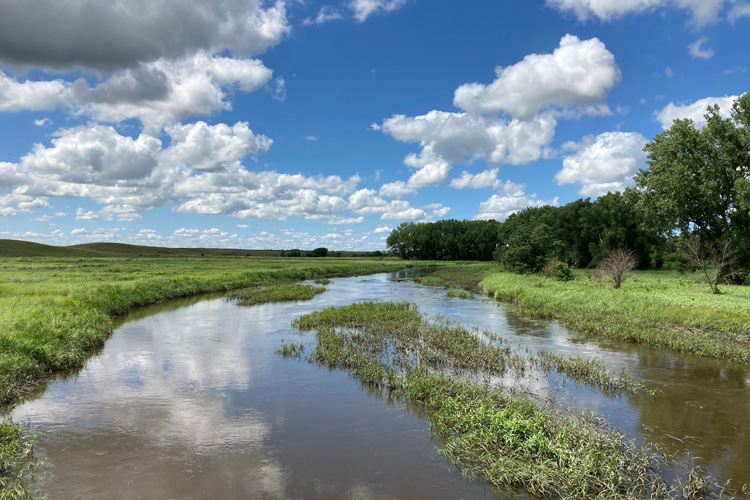
Attracting More People to Science
I was fortunate that I could follow my dreams and do what makes me happy. Not everyone has that luxury. We need to ensure that young people can make a living in science and that some of the coolest, weirdest, offbeat people are scientists. It’s not all people in white lab coats spending time indoors. In fact, a major part of my classes is spent outdoors learning biodiversity everywhere from Costa Rica to Daniel Webster Wildlife Sanctuary in Marshfield.
Black in Nature
I consider myself a naturalist and pretty good at outdoorsy stuff like camping. Yet I have never worked on a farm and have very little knowledge of agricultural life. The other day I was fascinated watching a hay baler and posted a video on Twitter. I used #blackinnature mainly to poke fun at myself and to say that this is a totally different world than I am used to.
At the same time, it’s interesting to think of the intersection between African Americans and the natural world. Black Birders Week convinced me that there are lots of young folks out there in this space. And the hashtag is a nice way to say, hey look, there are African Americans interested in nature, that nature is for everyone, and hopefully get even more people of color learning about nature.
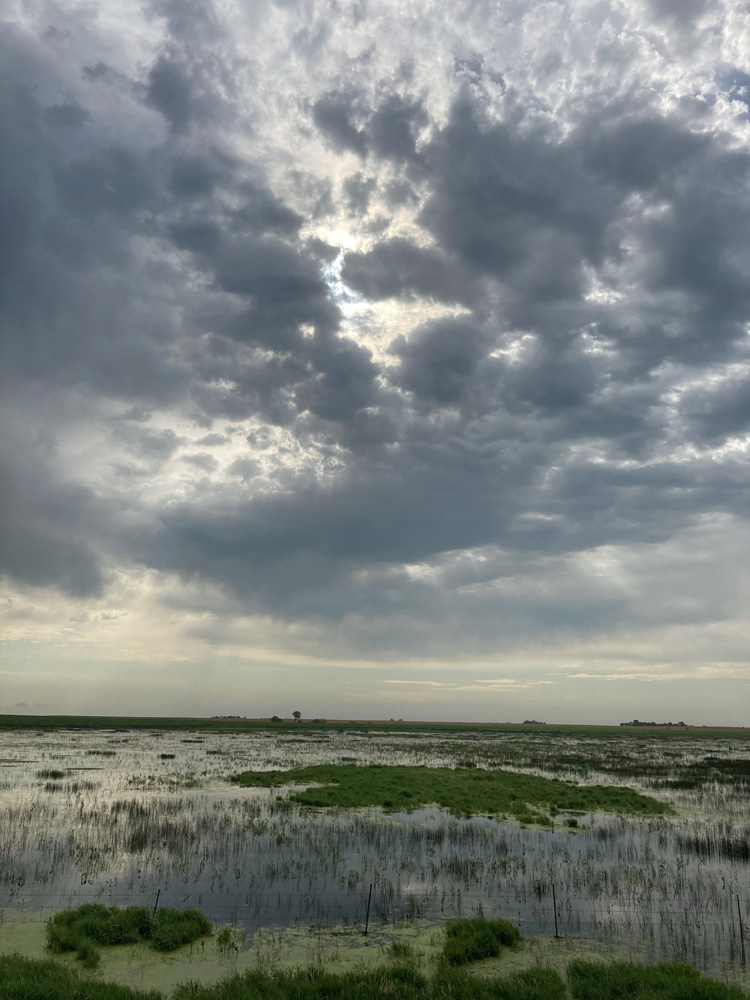
In Your Words is a regular feature of Mass Audubon’s Explore member newsletter. Each issue, a Mass Audubon member, volunteer, staff member, or supporter shares their story—why Mass Audubon and protecting the nature of Massachusetts matters to them. If you have a story to share about your connection to Mass Audubon, email [email protected] to be considered for In Your Words in a future issue!


